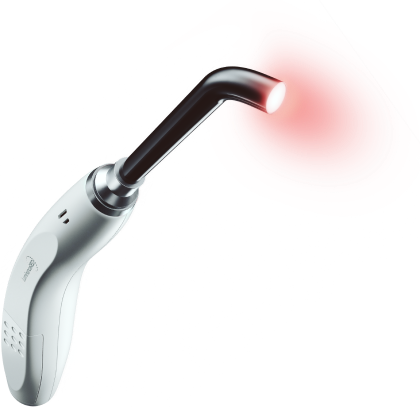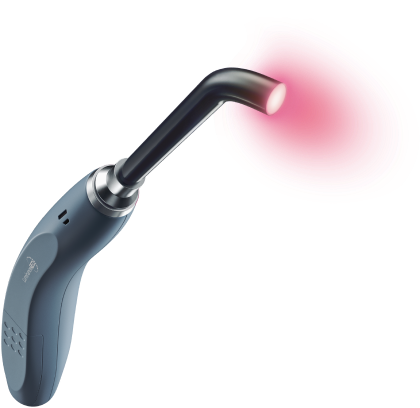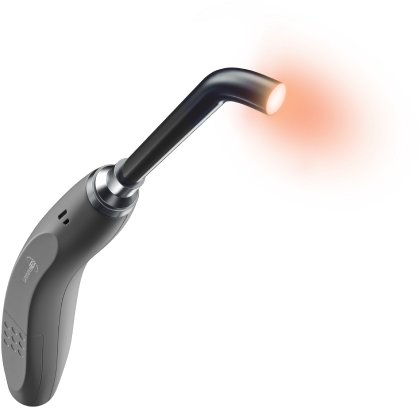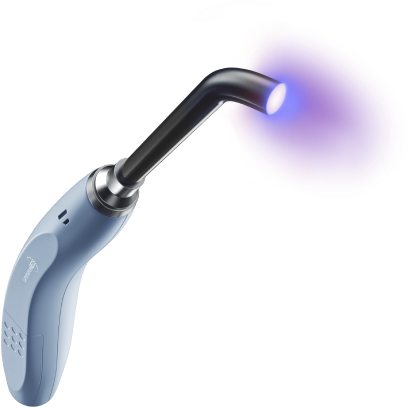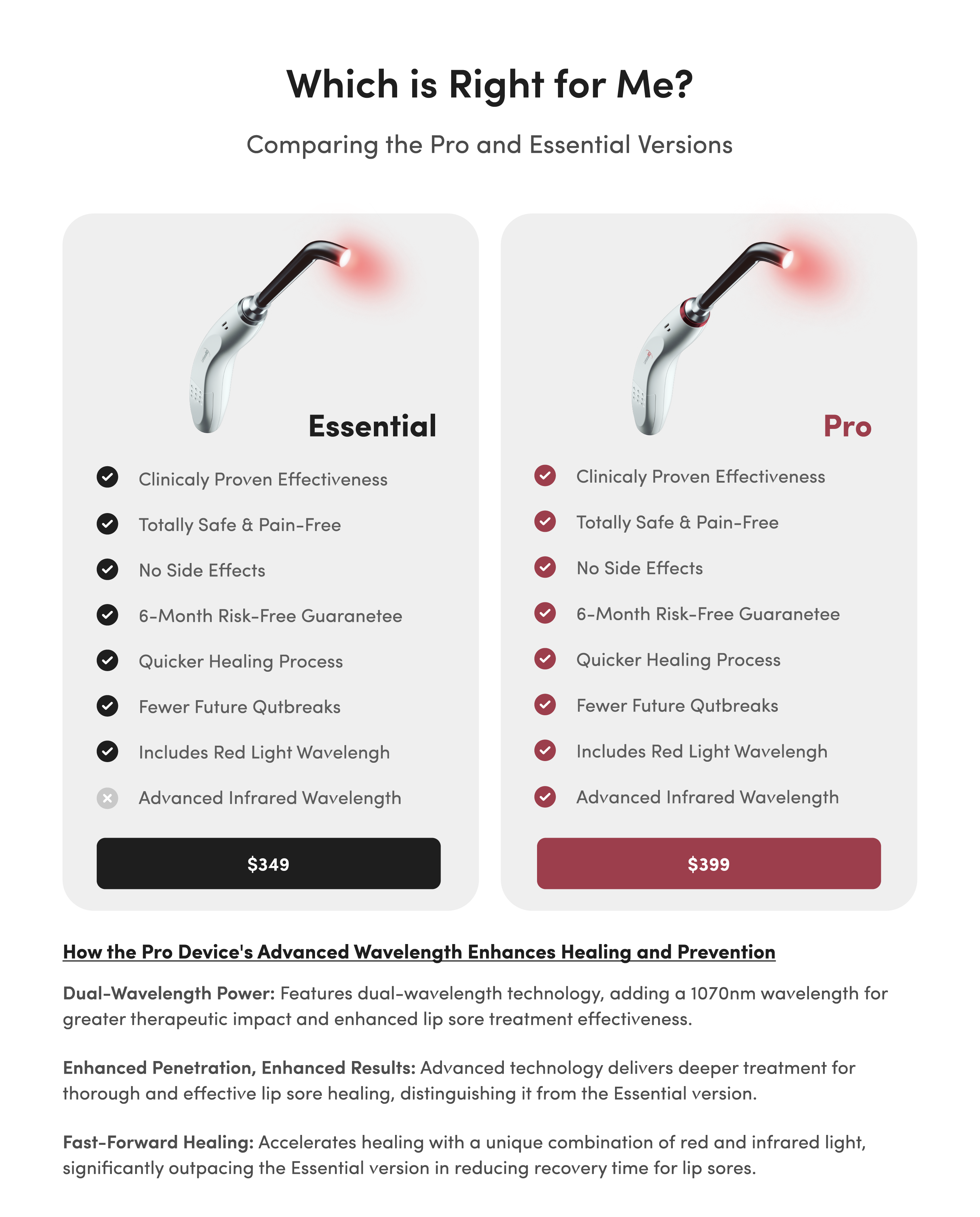Exercise and Genital Herpes: Finding the Right Balance for Me
The Importance of Balancing Exercise and Genital Herpes
Exercise is a vital component of a healthy lifestyle, but for men living with genital herpes, it can come with specific considerations. Understanding how to balance physical activity with herpes management is key to maintaining overall well-being. The goal of this blog post is to explore how men with genital herpes can safely and effectively incorporate exercise into their routine.
When discussing exercise and genital herpes, it's important to consider the impact of physical activity on the body. Exercise has numerous health benefits, including stress reduction, which can be particularly beneficial for managing herpes symptoms. However, certain types of physical exertion might trigger herpes outbreaks, necessitating a balanced approach.
In this context, we also explore the potential role of at-home red light therapy devices. These devices have been gaining attention in the wellness community, with studies suggesting they may offer benefits in managing skin conditions and enhancing overall skin health.
Understanding Genital Herpes and Physical Activity
The relationship between exercise and genital herpes is multifaceted. Regular physical activity is known to boost the immune system, which is crucial for men managing herpes. A stronger immune system can mean fewer and less severe outbreaks.
However, intense exercise can sometimes lead to increased stress on the body, potentially triggering herpes symptoms. It's essential to listen to your body and recognize signs of overexertion. Finding a balance in your workout intensity and frequency can help minimize the risk of triggering an outbreak.
Additionally, the science behind red light therapy devices shows promise in supporting skin health, which might be beneficial for those with genital herpes. These devices are designed to promote healing and may help in managing certain skin-related symptoms, although they are not a cure for herpes.
An important aspect to consider when discussing exercise and genital herpes is the type of clothing worn during workouts. Opt for loose, breathable fabrics to reduce friction and heat buildup in the genital area, as these factors can exacerbate herpes symptoms. This small but significant choice can make a big difference in how comfortable you feel while exercising and in managing your symptoms effectively.
Best Exercises for Men with Genital Herpes
When considering exercise and genital herpes, low-impact activities are often a great choice. Activities like walking, yoga, and swimming can provide the benefits of exercise without overly stressing the body. These forms of exercise also help in reducing stress, which is a known trigger for herpes outbreaks.
Running, a popular form of cardiovascular exercise, can be a great choice for men managing exercise and genital herpes. It's important, however, to monitor the intensity and duration of your runs to avoid excessive physical stress, which can trigger herpes symptoms. Running at a moderate pace, in comfortable environments, and with proper hydration can provide the cardiovascular benefits you seek while keeping herpes symptoms in check. Remember to choose moisture-wicking and breathable clothing to maintain comfort and reduce irritation in the genital area during your runs.
Strength training is another beneficial form of exercise for men with genital herpes, as it helps in building muscle mass and boosting overall health without necessarily causing excessive physical stress. It’s important to start slow and gradually increase intensity to avoid overtaxing the body.
In conjunction with physical activity, using at-home red light therapy devices may offer additional skin health benefits. These devices are becoming increasingly popular as a non-invasive way to support skin wellness, potentially aiding in the management of skin conditions associated with herpes.
Another aspect to consider in the context of exercise and genital herpes is the timing and duration of workouts. It's often recommended to avoid extremely long or intense workout sessions, as they can lead to fatigue and stress, potentially triggering a herpes outbreak. Instead, aim for shorter, more frequent sessions of physical activity, which can provide the benefits of exercise while minimizing the risk of exacerbating herpes symptoms.
Tailoring Your Exercise Routine During Outbreaks
Managing exercise and genital herpes involves adapting your routine during outbreaks. During active outbreaks, it might be necessary to modify the intensity and type of exercise to avoid aggravating symptoms. Low-impact exercises and gentle stretching can be particularly beneficial during this time.
It’s also important to maintain good hygiene practices to prevent the spread of the virus, especially in communal settings like gyms. Using personal towels, wearing appropriate clothing, and avoiding shared equipment can help in this regard.
Incorporating at-home red light therapy sessions during outbreaks may also be worth considering. While these devices don't treat herpes directly, they might help in soothing the skin and promoting a sense of wellness, which can be beneficial during recovery periods.
Furthermore, mindfulness and stress-reduction techniques can be valuable additions to your exercise regimen when balancing exercise and genital herpes. Practices like meditation and deep breathing exercises, when combined with physical activity, can further reduce stress levels, which is beneficial for both general health and in managing the frequency and severity of herpes outbreaks.
Long-Term Strategies for Exercise with Genital Herpes
Developing a long-term exercise strategy is crucial for men with genital herpes. This involves establishing a routine that balances physical activity with herpes management. Regular, moderate exercise can be a key component of this strategy, contributing to overall health and potentially reducing the frequency of outbreaks.
It's also important to pay attention to diet and hydration, as these can influence both exercise performance and herpes management. Consuming a balanced diet rich in vitamins and minerals supports the immune system, while staying hydrated helps in maintaining skin health.
Finally, exploring the use of at-home red light therapy devices as a supplementary tool for skin health can be a valuable addition to your wellness routine. While these devices should not replace medical treatment, they may offer complementary benefits that align with a holistic approach to managing exercise and genital herpes.
Finally, consistency in your exercise routine is key when managing exercise and genital herpes. Establishing a regular workout schedule helps your body adapt to the physical activity while also providing a routine that can be adjusted as needed during herpes outbreaks. Consistent exercise contributes to overall health and wellbeing, and may also play a role in reducing the likelihood of recurrent herpes symptoms.
In conclusion, finding the right balance in exercise and genital herpes management is a journey of personal discovery and adaptation. By understanding your body's needs and incorporating a combination of thoughtful exercise, good hygiene practices, and potentially at-home red light therapy, you can maintain a healthy and active lifestyle while managing genital herpes. Remember, each individual's experience is unique, so it's important to consult with healthcare professionals for personalized advice.








